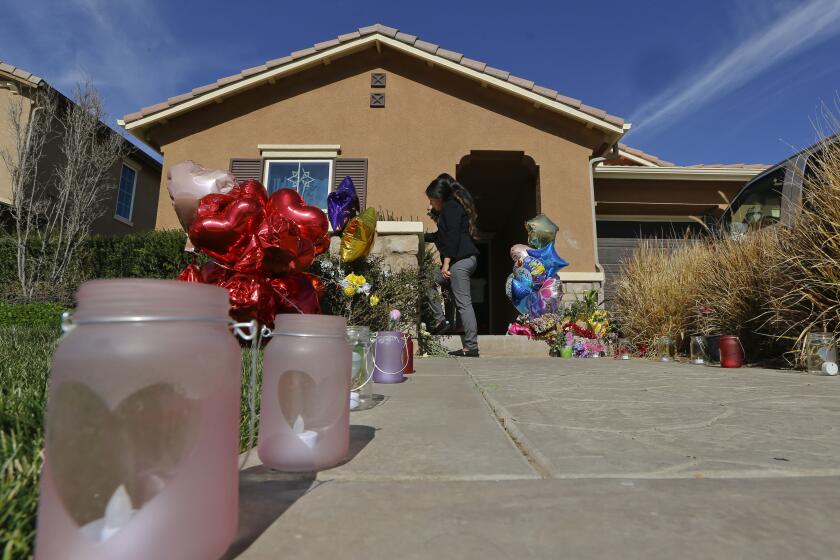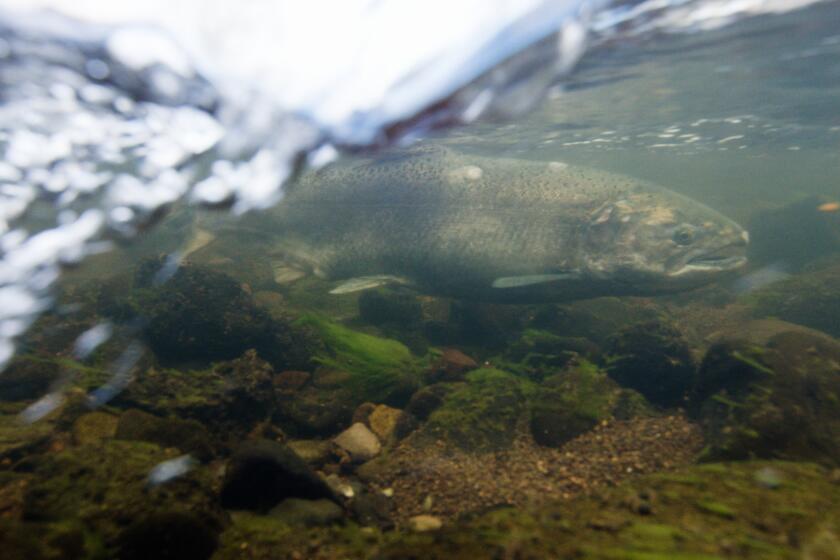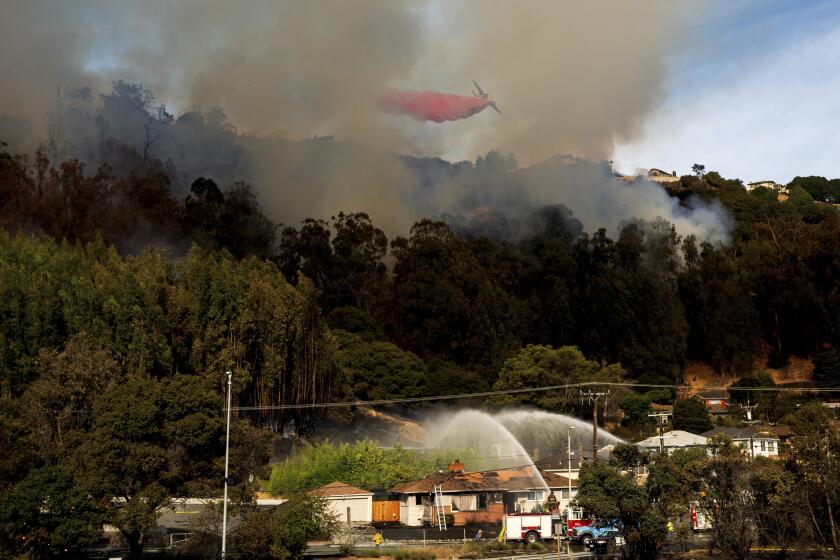San Marcos Trash Plant Issue Will Go Before Voters
San Marcos voters will decide for themselves in September whether to allow construction of a controversial trash-burning power plant that its backers say is needed to handle North County’s growing trash problem.
The San Marcos City Council approved the ballot route in a unanimous vote Tuesday night, three weeks before it will decide for a second time whether to grant a conditional-use permit for the construction of the sophisticated garbage incinerator.
The city’s 1985 approval of the project was overturned in the courts because the city failed to order an environmental impact report on a general plan amendment adopted by the council paving the way for the project.
San Marcos Mayor Lee Thibadeau said that if, as expected, the City Council grants the necessary permits for the project, those permits would be contingent on the voters approving the project themselves in a special election Sept. 15.
Power for 40,000 Households
Technically, voters would be asked whether to approve a general plan amendment allowing the site--next to the existing county landfill on Questhaven Road near the Elfin Forest community on the southern edge of San Marcos--to be used for a trash-to-energy plant.
The plant would recycle some of North County’s rubbish, dispose of a portion of it in the landfill but burn most of it. Its trash-fired furnaces would drive steam-turbines to generate enough electricity to serve 40,000 households, the plant’s developer projects.
Proponents of the trash plant say that it is the most environmentally sound option in dealing with North County’s growing trash disposal problem, and is safer and more economical than continued dependence on landfills. Critics say that the technology is questionable and that the health risks are uncertain.
To that point, North County Resource Recovery Associates, the builder of the project, was scheduled to release today an updated “risk assessment study.” Richard Chase, the company’s managing director, said that the study will show the plant to be even safer than earlier believed.
Chase said the latest study shows that the risk of someone dying of cancer from exposure to the plant is less than one in 10 million, compared to the earlier study that set the risk at less than one in 1 million.
Chase said his company welcomes a public vote on the trash plant issue “so we can resolve this once and for all.”
“We’re confident the voters will look at the facts and consider all the agencies which have reviewed the project and will themselves conclude, as has everyone else, that this is a better alternative than the expansion of the landfill,” Chase said.
The September ballot, Thibadeau agreed, finally should resolve the issue of whether the $220-million plant has the popular support of the city’s voters.
“The majority of our residents want this thing done and over with,” Thibadeau said. “They recognize the need for the facility and don’t want to see another landfill in San Marcos, and they don’t want to pay to have their trash hauled 50 miles away to another landfill,”
Vote Called ‘Sham’
But Jonathan Wiltshire, a long-standing critic of the trash plant, said the vote would be a “sham” because the City Council majority would “muddy” the ballot language in order to win over a confused electorate.
Wiltshire, spokesman for Citizens for Healthy Air in San Marcos, said the September election might prove moot if the City Council in early July goes ahead and approves the necessary administrative permits for the plant’s construction.
State solid-waste management officials, he said, conceivably could supersede the local voters by declaring, in the name of the public’s good, that the city’s general plan allow the trash-to-energy plant. With City Council permission already given, the private developer could proceed with the project, voters notwithstanding, Wiltshire maintained.
The San Marcos City Council, Wiltshire argued, should ask the voters whether they approve of the issuance of the trash plant’s conditional-use permit before the council decides itself in July whether to issue the permit.
But council members scoffed at both of Wiltshire’s contentions, and said he was simply trying to continue the delaying and harassment maneuvers that have dogged the plant since it was first proposed in December, 1982.
More to Read
Sign up for Essential California
The most important California stories and recommendations in your inbox every morning.
You may occasionally receive promotional content from the Los Angeles Times.










